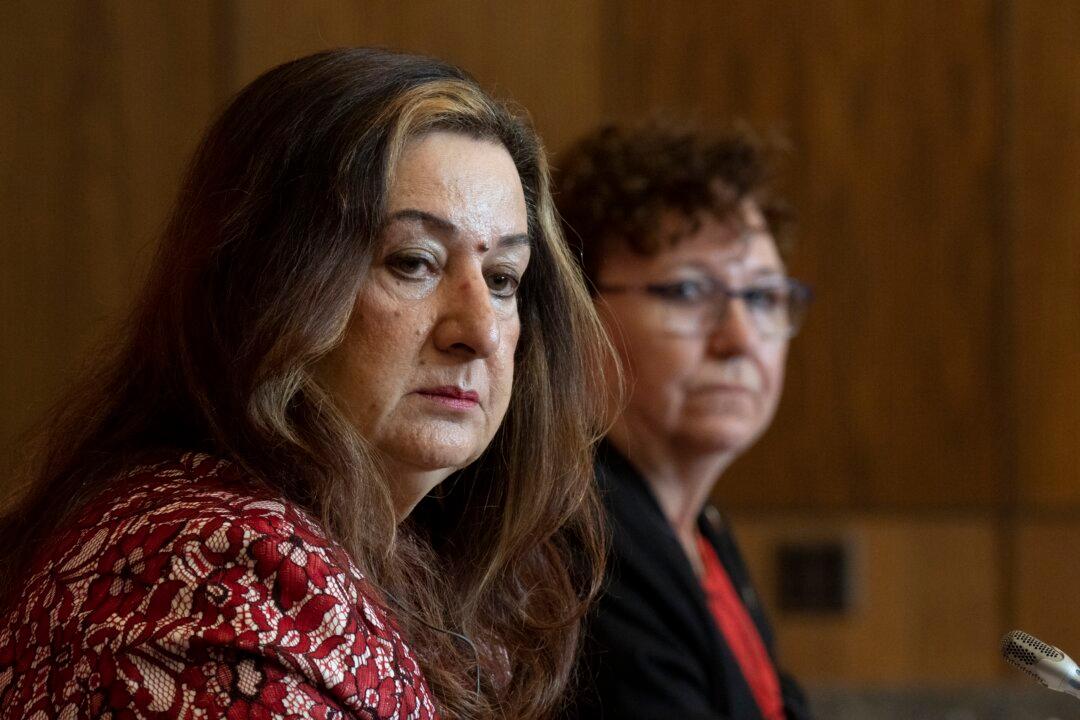Canadian senators of the human rights committee have released a report on incidents of forced or coerced sterilization in Canada while recommending the government apologize and compensate the victims.
“For most people, the idea of being forcibly stripped of your ability to conceive is unthinkable, in fact, horrifying. But this disturbing practice has a long history in this country, and it persists today,” said Conservative Senator Salma Ataullahjan during a press conference announcing the committee’s report on July 14.





